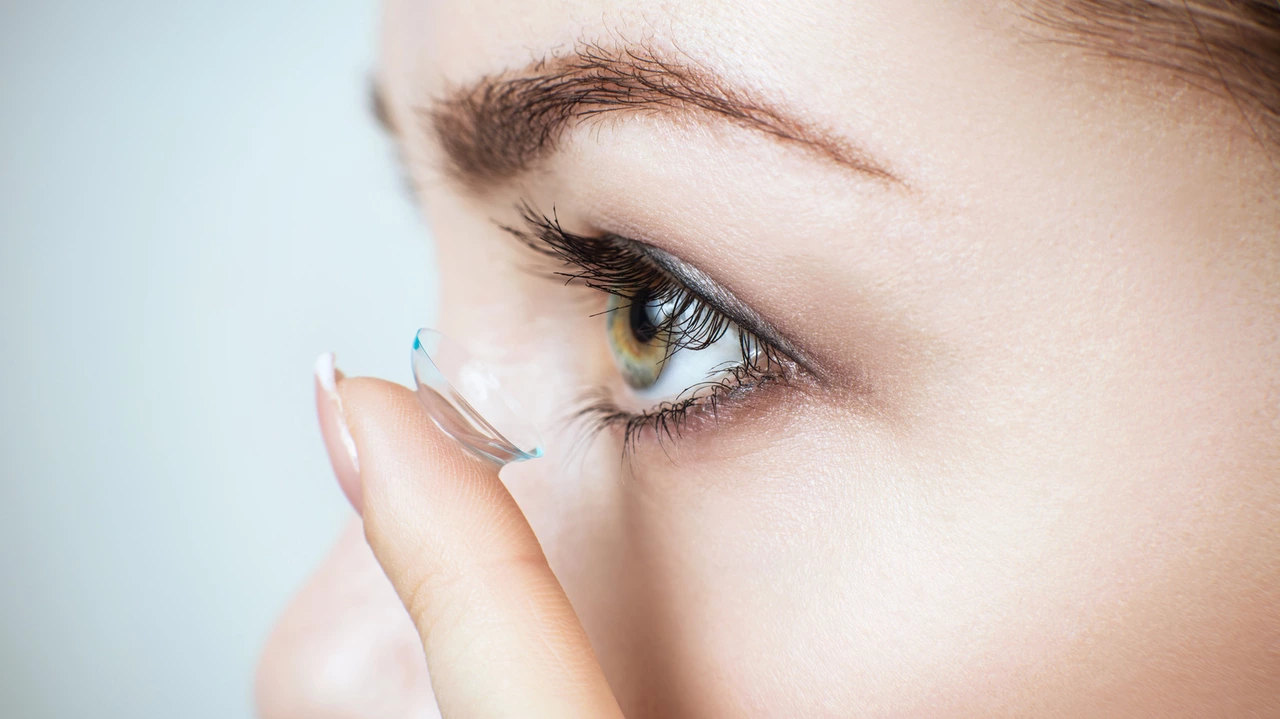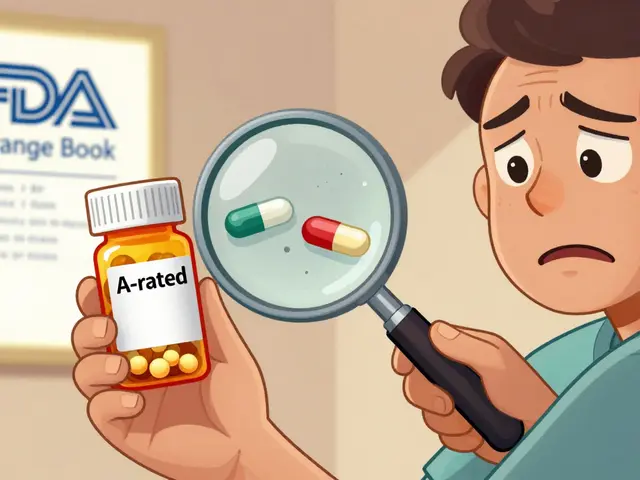Contact Lenses: Safe Buying, Simple Care, and When to See a Doctor
Contact lenses are great — clearer vision without glasses, more freedom for sports, and different looks with colored lenses. But they’re medical devices. Use them wrong and you can get irritation, infection, or worse. Here’s a straightforward guide to buying lenses safely and keeping your eyes healthy.
Buying contact lenses safely
First thing: always get a prescription from an eye doctor. Even if your vision check is fine, lens fit and curvature matter. A valid prescription lists brand, power, base curve, and diameter. Online sellers should ask for that prescription before shipping.
Shop only from reputable sellers. Look for clear contact info, verified customer reviews, and policies on returns and prescriptions. Avoid marketplaces or sellers that say you don’t need a prescription — that’s a red flag. Cheap, unlabeled lenses may be counterfeit or made with poor materials.
If cost is an issue, ask your eye doctor about generic options or discounts. Pharmacy chains and some accredited online stores often run coupons or bulk deals. Don’t skip the eye exam to save money; an infection will cost more than a checkup.
Daily care and warning signs
Clean and store lenses exactly as your doctor or the lens manufacturer tells you. Use the recommended multipurpose solution — not tap water, not homemade saline. Rinse and rub soft lenses when you remove them, and change the case every three months or sooner if it gets scratched or cloudy.
Follow the replacement schedule: daily disposables each day, two-week or monthly lenses only for that period. Wearing a lens longer than recommended raises the chance of oxygen-starved corneas and infections. Don’t sleep in lenses unless they’re approved for overnight wear and your doctor cleared it.
Watch for warning signs: persistent redness, pain, sudden blurry vision, light sensitivity, excessive tearing, or discharge. If any of these show up, remove lenses immediately and see an eye care professional the same day. Quick action can prevent serious damage.
Other practical tips: never swim or shower with lenses in, avoid using eye drops not labeled for lenses, and always handle lenses with clean, dry hands. If you wear makeup, insert lenses first and remove them before taking off makeup to avoid contamination.
Finally, talk to your doctor about contact lens options. Daily disposables are great if you want low maintenance. Silicone hydrogel lenses let more oxygen through, which helps long-term comfort. Colored lenses can be safe, but get them fitted and prescribed just like clear ones.
Your eyes matter more than a quick purchase. Follow the rules above, get regular checkups, and buy from trusted sources to keep your vision clear and your eyes healthy.

Allergic conjunctivitis and contact lenses: Tips for wearers
As a contact lens wearer, I know how frustrating allergic conjunctivitis can be. To minimize the discomfort, it's essential to maintain proper lens hygiene, such as cleaning and replacing lenses regularly. It's also a good idea to avoid allergens, like pollen and pet dander, whenever possible. Switching to daily disposable lenses can be helpful, as they reduce the chances of allergen buildup. Finally, don't hesitate to consult your eye doctor if symptoms persist, as they may recommend alternative lens materials or allergy eye drops.
View More




